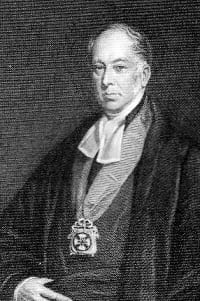Besides that the importance of the subject would oblige all men to inquire more narrowly into the one than the other. For what consequence is it to me, or to the world, whether there was such a man as Caesar; whether he beat, or was beaten at Pharsalia; whether Homer or Virgil wrote such books; and whether what is related in the Iliads or Aeneids be true or false? It is not two pence up or down to any man in the world. And therefore it is worth no man’s while to inquire into it, either to oppose or justify the truth of these relations.
But our very souls and bodies, both this life and eternity, are concerned in the truth of what is related in the holy Scriptures; and therefore men would be more inquisitive to search into the truth of these, than of any other facts; to examine and sift them narrowly, and to find out the deceit, if any such can be found; for it concerns them nearly, and is of the last importance to them.
How unreasonable then is it to reject these facts, so sifted, so examined, and so attested, as no other facts in the world ever were; and yet to think it the most highly unreasonable, even to madness, to deny other facts, which have not the thousandth part of their evidence, and are of no consequence to us, whether true or false!
Charles Leslie, A Short and Easy Method with the Deists (New York: New York Protestant Episcopal Tract Society, 1830), pp. 23-24.



